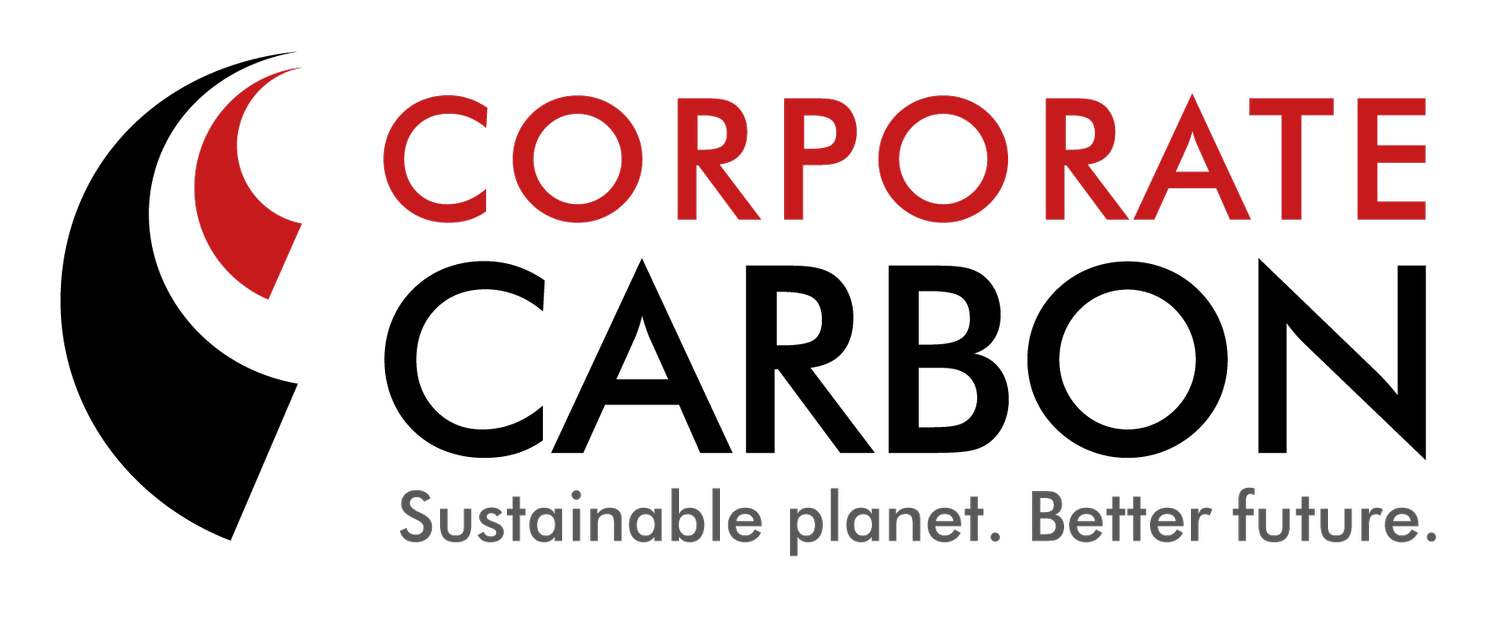Our work with Traditional Owners
At Corporate Carbon Group (CCG) we proudly conduct a range of Savanna Fire Management projects with Traditional Owner groups, First Nations communities and Indigenous stakeholders.
These projects holistically incorporate Indigenous knowledge and modern science into land management practices to reduce emissions through traditional fire management practices.
The new economic opportunities derived from savanna fire management projects have greatly benefited marginalised communities across northern Australia. CCG has always sought to develop and run its projects for the benefit of all stakeholders.
All CCG’s activities with Traditional Owners are conducted with our deep commitment to the Free Prior Informed Consent (FPIC) principles.
From a recent media article from Nine, CCG strongly refutes the claims made towards our work with Traditional Owners. Our work being informed by, and conducted within the FPIC principles means:
Voluntary consent is given without coercion, in a community-led process, free from external pressures. Rights-holders set the process and timeline, receive transparent information, and ensure participation is open to all, free from bias. (‘Free’)
Consent must be sought early in a development plan, allowing time for rights-holders to understand and analyse information. Information should be provided at the start of any activity, and the decision-making timeline set by rightsholders must be respected. (‘Prior’)
Information must be provided in clear, accurate, and transparent ways in the local language and culturally appropriate formats before, and during the consent process. It should cover the project's details and potential impacts, delivered by suitable personnel with enough time for understanding. (‘Informed’)
Consent is a collective decision made by rights-holders through their customary processes, reflecting their unique dynamics and ensuring inclusive participation. It can be a “Yes,” “No,” or “Yes with conditions,” and may be reconsidered with changes or new information. It is made through consensus or majority, respecting community customs, and covers self-determination and rights. Consent is given in phases, not as a one-time event. (‘Consent’)
Our work in Cape York
CCG conducts two major activities in Cape York:
Providing services to clients (which includes Traditional Owners, Native Title Body Corporates (NTBCs), and corporate and family farmers) to assist them in running their own projects; and
Ownership of a portfolio of properties on which we operate our own projects.
CCG has invested a significant amount of capital in properties in Cape York. We have done this with a view of running agriculture in conjunction with carbon projects. CCG has staff living and working on these properties and is committed to seeing Cape York prosper. We have invited Traditional Owners back onto country, where they have not previously had access to or have not visited for 30+ years. CCG is also an active participant in the local community and has sponsored the Weipa, Laura and Eureka Camp Drafts.
CCG has made huge efforts over the last 18 months to engage the Traditional Owners in the best possible manner to secure their consent to the carbon projects on their land. We have met with Ngan Aak-Kunch Aboriginal Corporation (NAK) and their board and advisors on numerous occasions and have worked very closely with them, and other stakeholders to produce a good outcome for everybody.
In particular, CCG completely rejects several claims outlined in the media article. We strongly support Traditional Owners’ rights to design their own process, of who they will and will not engage, and their own timeframe. For CCG to interfere with this process would be against our profound commitment to FPIC principles.
Further work with Traditional Owners
Another project of significance to note in Queensland where we are working with Traditional Owners is the Crystalvale Nature Refuge. Here we have permanently protected a large area of Queensland's natural heritage in a way that also protects its cultural heritage. This has been done in conjunction with both the State and Federal Governments. This process is considering piloting healthy country planning on pastoral leases, where we aim to holistically incorporate Indigenous knowledge and Western knowledge into land management practices.
Our lead on this project, Dr Kate Dodds recently spent a week with Traditional Owners on country, conducting a cultural heritage survey on this project. This work saw some of the Traditional Owners be on their country for the first time. We encourage anyone interested to learn more about our work here to go to Crystalvale Nature Refuge.

